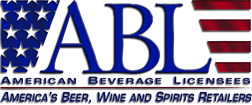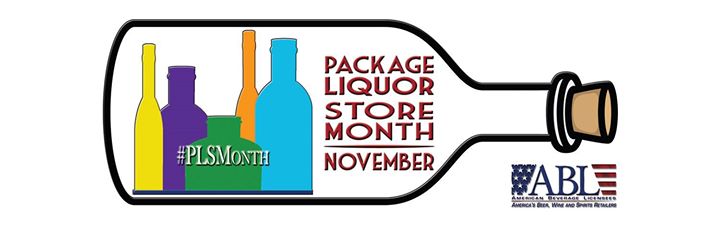BETHESDA, MD – February 24, 2022 – American Beverage Licensees (ABL) took part today in a day of action to seek federal relief for hospitality industry business that have been hit hard by the COVID-19 pandemic. Nearly two years since the onset of the pandemic, many bars, taverns and independent restaurants remain underwater and are struggling to get back on their feet, pay off debt, or otherwise recover from the significant setbacks caused by the pandemic.
As Congress considers legislation to fund the government and federal programs, now is the time for lawmakers to act in support of the independent small businesses they represent and finish the work they began with the American Rescue Plan Act nearly a one year ago.
While federal legislation in March 2021 provided $28 billion in relief to the hospitality industry through the Restaurant Revitalization Fund (RRF), it fell far short of meeting the need of the industry. This was demonstrated by 278,000 applicants requesting $72 billion in aid – almost three times the funds approved by Congress.
“It may seem to some that things are returning to normal, and we’re hopeful that we’re on the right path with COVID-19, but for bars, taverns and other hospitality industry businesses the effects of the pandemic are still very real and threaten thousands of local small businesses,” said ABL Executive Director John Bodnovich.
“We recognize and appreciate the relief that was provided last year, but the job is not finished. More can and should be done by Congress to bring back the vibrant hospitality industry that we knew before the global pandemic and save tens of thousands of small businesses.”
Pandemic mitigation efforts in states and cities have had a chilling effect on the bar and restaurant business, keeping customers aways and limiting the ability of these businesses to pay rent, afford increasingly expensive products and hire workers. According to a National Restaurant Association survey, 52% of operators say their sales volume in October 2021 was lower than it was in October 2019.
“It’s a Hobson’s choice for many bars and restaurants,” said Bodnovich. “They can invest in their business in an environment where restrictions limit their ability to attract customers, pay the rent, or pay off debt; or they can cut menus and service to the bone and hope that customers still visit the business. This is unsustainable for many hospitality entrepreneurs who have otherwise done their best to hold on to their livelihoods over the last two years.”
Earlier today, ABL sent a letter to members of Congress reminding it of the needs of hospitality industry constituents, and the solution that is available. As the letter states, we “strongly urge you to support and pass legislation that would replenish the Restaurant Revitalization Fund to meet the clearly demonstrated needs to of the hospitality businesses you represent. Time is running short for many of these Main Street businesses, and you hold the power to save American bars and restaurants. Please stand with these local small businesses that serve communities in every state with jobs, tax revenue and economic stimulation.”
Those who are in interested in supporting local hospitality businesses can visit the ABL website for materials or either here or here to contact members of Congress.
###

 Holiday Week Highlights Package Liquor Store Month this November
Holiday Week Highlights Package Liquor Store Month this November